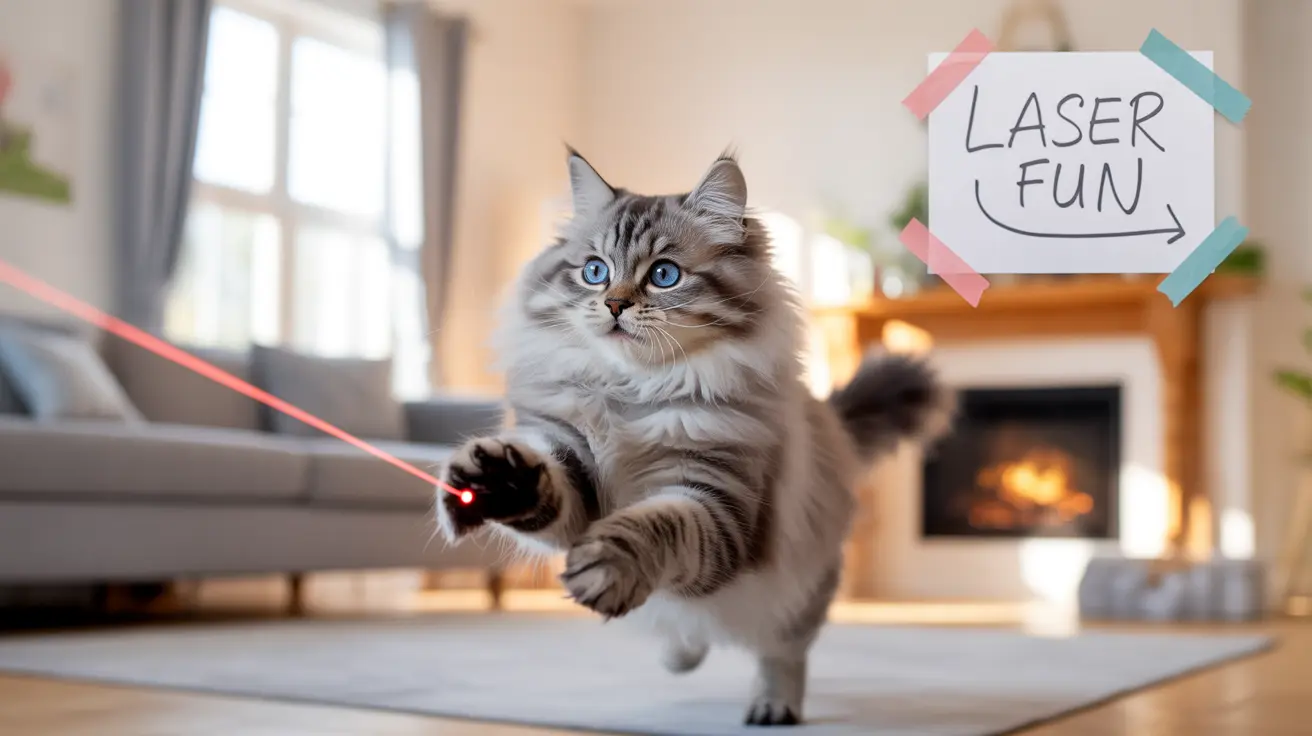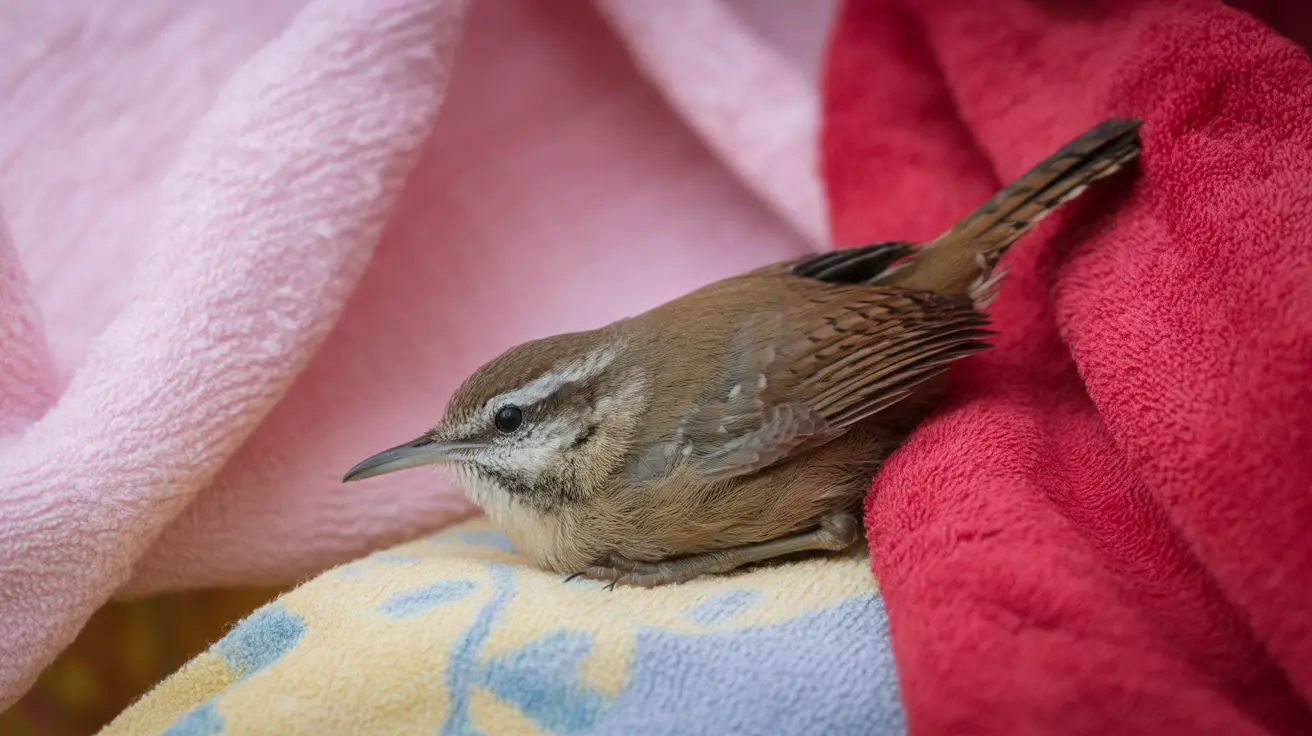Understanding the Science Behind Feline Behavior
The scientific consensus is clear: cats cannot be diagnosed with autism as it's defined in humans. Veterinary medicine has no established diagnostic criteria for feline autism, and there's no scientific evidence supporting its existence in cats.
What's often mistaken for autism in cats is actually a combination of natural feline behaviors, stress responses, or underlying medical conditions that require proper veterinary attention.
Common Behaviors Mistaken for Autism in Cats
Social Interaction Patterns
Cats naturally display various social preferences that might seem unusual to humans but are completely normal for felines. These include:
- Avoiding eye contact
- Preferring solitude
- Selective social interaction
- Independent nature
Repetitive Behaviors and Routines
Many behaviors that appear obsessive or ritualistic are actually normal feline traits or stress responses:
- Excessive grooming
- Repeated pacing or circling
- Fixed daily routines
- Intense focus on specific objects or movements
Medical and Environmental Factors to Consider
When cats display unusual behaviors, several factors should be evaluated:
- Stress and anxiety
- Physical pain or discomfort
- Neurological conditions
- Environmental changes
- Social dynamics with other pets
- Previous traumatic experiences
When to Seek Professional Help
If your cat shows concerning behavioral changes, the first step should always be a comprehensive veterinary examination. Look out for:
- Sudden behavioral changes
- Self-injurious behaviors
- Extreme social withdrawal
- Aggressive responses to routine situations
- Changes in eating or elimination habits
Supporting Your Cat's Behavioral Health
Instead of focusing on labels like autism, concentrate on providing appropriate support:
- Create a consistent daily routine
- Provide environmental enrichment
- Respect your cat's social preferences
- Maintain a calm, predictable environment
- Use positive reinforcement training methods
Frequently Asked Questions
Can cats actually have autism or is it just a misconception?
No, cats cannot have autism as it's defined in humans. While they may display behaviors that appear similar to autism traits, these are typically normal feline behaviors or signs of other conditions requiring veterinary attention.
What behaviors in cats are often mistaken for autism-like traits?
Common behaviors include avoiding eye contact, preferring solitude, repetitive actions, sensitivity to environmental changes, and intense focus on specific objects. These are usually normal feline traits or stress responses.
How can I tell if my cat's repetitive actions are due to stress or a medical issue rather than autism?
Monitor when these behaviors occur and what triggers them. Sudden onset or escalation of repetitive behaviors often indicates stress or medical issues. Consult a veterinarian for proper evaluation.
When should I take my cat to the vet for unusual social withdrawal or repetitive behaviors?
Seek veterinary care if you notice sudden behavioral changes, self-injury, extreme social withdrawal, or significant changes in eating, sleeping, or elimination habits.
What are effective ways to help a cat showing anxiety or obsessive-compulsive behaviors that seem like "autism"?
Focus on environmental enrichment, maintaining consistent routines, providing safe spaces, using positive reinforcement, and working with your veterinarian to develop an appropriate treatment plan if needed.
Remember, while cats can't be diagnosed with autism, understanding and supporting their individual needs is crucial for their well-being. Focus on providing appropriate care and seeking professional guidance when needed rather than trying to apply human diagnostic labels to feline behavior.






